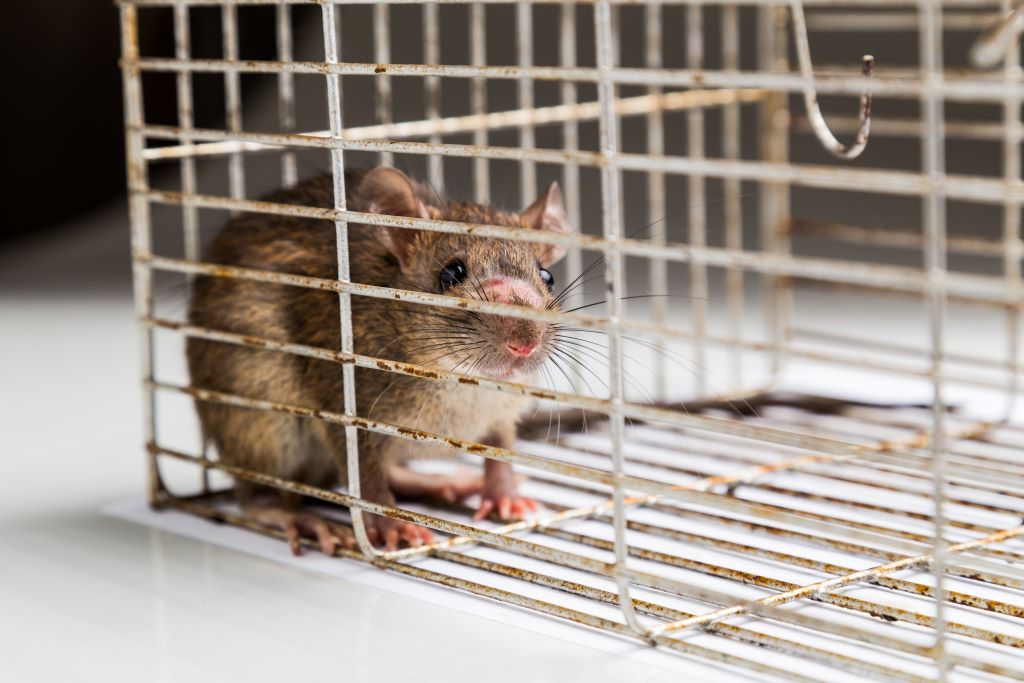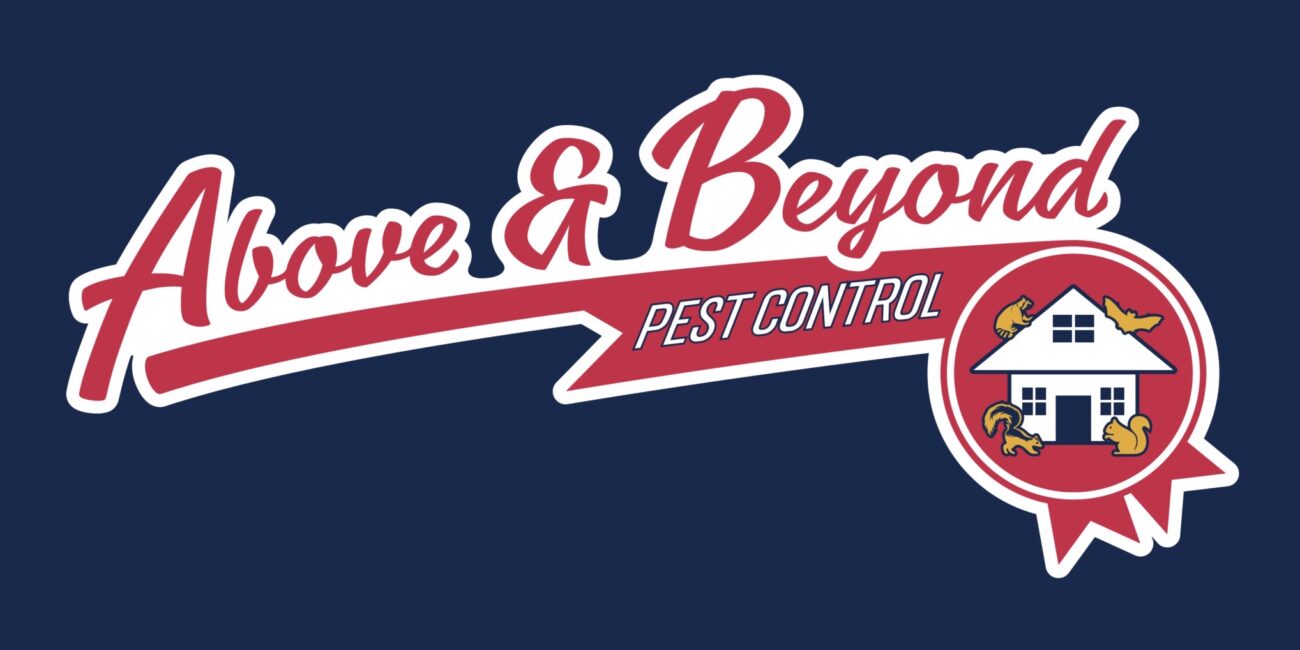pest, pest control, insect, rodent, fly, termite, infestation, flea, long island, new york city, mosquito, queens, pest prevention, exterminator, pest control company, commercial pest control, commercial pest management, pest elimination, the bronx, bird control, moth, pesticide, customer, customer service, integrated pest management, wildlife, inspection, nest, orkin, above and beyond pest control, vole, gopher, disease, email address, biological pest control, leaf, population, tunnel, crop, lawn, agriculture, soil, roof, squirrel, basement, attic, raccoon, carpenter bee, chimney, bait, wasp, fumigation, rodenticide, crawl space, species, pest removal, wildlife control, pest control companies, free quote, wildlife removal, skunk, behavior, bird feeder, eaves, customer satisfaction, poison, groundhog, opossum, terminix, wood, carpenter ant, expert, contract, natural environment, illinois, hazard, zip code, bathroom, risk, caulk, kentucky, waste, price
Can a pest removal company test for parasites?
A pest removal company can test for parasites within your property. They typically conduct thorough inspections and may offer specialized testing to identify any potential infestations or parasites that could pose risks to your health or property.
What would a pest removal company do other than put out traps for mice?
Pest removal companies offer a range of services beyond just setting traps for mice. They conduct thorough inspections, provide exclusion measures to prevent future infestations, and offer sanitation and clean-up services to ensure a safe living environment.
How does a pest control company remove squirrels in the attic?
The process a pest control company uses to remove squirrels in the attic involves assessing the area, setting humane traps, and safely relocating the squirrels. They also seal entry points to prevent future invasions and ensure a thorough cleanup afterward.
What does a pest management program include?
A pest management program includes comprehensive strategies for the prevention, monitoring, and control of pests. It typically involves inspection, identification, treatment plans, and ongoing maintenance to ensure effective pest control and minimize future infestations.
What pests can a removal company handle?
Removal companies can handle a variety of pests, including rodents like mice and rats, as well as larger wildlife such as bats, squirrels, skunks, and raccoons, ensuring safe and humane removal from your property.
How effective are traps for mice?
Traps for mice are highly effective when used correctly, as they can quickly capture and eliminate these pests. Proper placement and bait selection enhance their success, making them a reliable option for controlling mouse populations.
What are the signs of pest infestations?
The signs of pest infestations include droppings, gnaw marks, nests, unusual noises, and damaged property. Additionally, sightings of the pests themselves or noticing grease marks along surfaces can indicate an active infestation.
How often should pest control be applied?
The frequency of pest control applications depends on the type of pest and the severity of the infestation. Generally, it's recommended to have treatments every three months for ongoing protection and to address issues promptly as they arise.
What is included in pest management services?
Pest management services include a comprehensive assessment of your property, identification of pests, implementation of control measures, exclusion techniques to prevent future infestations, and clean-up services to ensure a safe environment.
How do pest control companies assess infestations?
Pest control companies assess infestations by conducting thorough inspections of the property, identifying signs of pests such as droppings or damage, and evaluating the extent of the problem to determine the appropriate treatment plan.
Can pest removal companies provide preventative measures?
Pest removal companies can indeed provide preventative measures. These services include habitat modification, sealing entry points, and implementing ongoing monitoring to help ensure that pests do not return after removal.
What methods do companies use for termites?
Companies use various methods for termite control, including liquid insecticides, baiting systems, and direct wood treatments. These approaches aim to eliminate existing infestations and prevent future occurrences effectively.
How long does pest treatment typically last?
The duration of pest treatment typically lasts from a few days to several weeks, depending on the type of pest and the severity of the infestation. Regular follow-ups may be necessary to ensure complete eradication.
Are there environmental concerns with pest control?
Environmental concerns with pest control are significant, as traditional methods can harm non-target species and disrupt local ecosystems. However, eco-friendly pest control options, like humane removal and natural deterrents, minimize these risks while effectively managing pest issues.
What licensing do pest control companies need?
The licensing required for pest control companies varies by state, but generally includes obtaining a pest control operator's license, which often requires training, exams, and adherence to safety regulations.
How do companies identify the type of pest?
Companies identify the type of pest by analyzing physical characteristics, behavioral patterns, and environmental signs of infestation. They may also use traps and expert consultations to confirm the species and determine the best course of action for removal.
What safety measures are taken during pest control?
The safety measures taken during pest control include the use of eco-friendly products, protective gear for technicians, and thorough assessments of the area to minimize risks to humans, pets, and the environment.
Do pest management programs include follow-up visits?
Pest management programs typically include follow-up visits to ensure the effectiveness of the treatment and to prevent future infestations. These visits help assess the situation and make any necessary adjustments to the pest control strategy.
What are common pest removal techniques?
Common pest removal techniques include trapping, exclusion methods to seal entry points, humane relocation, and chemical treatments, depending on the pest type and the severity of the infestation. Each method aims to ensure safety and effectiveness while minimizing harm to the animals.
How to choose a pest control service?
Choosing a pest control service involves evaluating factors such as their licensing, insurance, experience, customer reviews, and the methods they use. Prioritize companies that offer humane and effective solutions tailored to your specific pest issue.
Is DIY pest control effective long-term?
DIY pest control may provide temporary relief, but it is often not effective long-term. Without professional expertise, the underlying issues or infestations can persist, leading to recurring problems. For lasting solutions, professional pest control services are recommended.
What should homeowners expect after treatment?
Homeowners should expect a thorough follow-up after treatment, including a cleaned and sanitized environment, reduced wildlife activity, and ongoing monitoring to ensure effectiveness. Additionally, our team will provide guidance on preventing future invasions.
Can pest removal affect indoor air quality?
Pest removal can indeed affect indoor air quality. When pests are removed, especially in large numbers or after a significant infestation, their droppings, urine, and a decaying matter may release allergens and odors, potentially impacting the air you breathe.
How can pests enter a home undetected?
Pests can enter a home undetected through small gaps and cracks in walls, foundations, and windows, as well as through openings around plumbing or wires. They may also sneak in through vents or doors left ajar.
What treatments are available for bed bugs?
The treatments available for bed bugs include chemical insecticides, heat treatments, vacuuming, and encasements for mattresses and box springs, which work together to eliminate infestations and prevent future occurrences.
How do pest control companies handle bees?
Pest control companies handle bees with careful strategies that prioritize safety and conservation. They typically assess the situation, identify the bee species, and either relocate the hive or use humane removal methods, often involving beekeepers when appropriate.
What is the cost of pest management services?
The cost of pest management services varies based on factors such as the type of pests, severity of the infestation, and the specific services required. Generally, prices can range from $100 to $500, with free assessments often available.
Are there natural pest control options available?
Natural pest control options are available and include methods such as using beneficial insects, essential oils, diatomaceous earth, and traps. These eco-friendly solutions help manage pest populations without harmful chemicals, promoting a healthier environment.
How to prepare for a pest control visit?
Preparing for a pest control visit involves clearing the area of furniture, pet items, and personal belongings to ensure safe access. Additionally, secure pets in a separate room and communicate any specific pest issues to your technician.
What training do pest control technicians receive?
Pest control technicians receive extensive training in safety protocols, pest identification, and treatment methods. This training ensures they can effectively and humanely manage pest issues while adhering to local regulations and safety standards.
above and beyond pest control, pest removal companies, pest trappers, pest removal service, 24 hour exterminator nj, pest mgmt, pest control, pest control services, above all pest control
Indoor Protection
Indoor protection is a critical aspect of maintaining a pest-free environment within your home or business. Our team at Above and Beyond Pest Control specializes in identifying potential entry points and weaknesses in your interior spaces that may allow wildlife to invade. By providing thorough inspections and effective exclusion techniques, we ensure that your indoor spaces remain safe and secure from unwanted infestations.
Moreover, our indoor protection services extend beyond mere exclusion. We provide comprehensive strategies for clean-up and sanitization, ensuring that any remnants left by wildlife are properly addressed. This not only eliminates safety hazards but also helps in restoring a healthy living or working space for you and your family or employees.
Outdoor Protection
Outdoor protection is equally vital in safeguarding your property from wildlife invasions. At Above and Beyond Pest Control, we understand that many animals are attracted to outdoor spaces due to food sources, shelter, or nesting opportunities. We offer tailored solutions that include habitat modification and strategic landscaping to deter wildlife from approaching your property.
Additionally, our outdoor protection services involve the installation of barriers and deterrents that can prevent animals from entering your premises. From fencing to natural repellents, we employ various methods to create a less inviting environment for wildlife. This proactive approach helps in minimizing the risk of wildlife encounters, giving you peace of mind while enjoying your outdoor spaces.
Commercial Property
When it comes to protecting commercial properties, Above and Beyond Pest Control offers specialized services tailored to meet the unique needs of businesses. Our team conducts comprehensive inspections to identify vulnerabilities in your commercial building that could allow wildlife access. We understand that maintaining a clean and safe environment is not just essential for compliance but also for your business's reputation.
Our wildlife removal and exclusion services for commercial properties ensure that your business remains operational without interruptions caused by wildlife. We work discreetly and efficiently to remove any unwanted animals and implement preventive measures. By partnering with us, you can focus on running your business while we tackle any wildlife challenges that arise.
Reserve Our Service
Reserving our wildlife removal services is a straightforward process tailored to meet your needs. At Above and Beyond Pest Control, we prioritize customer convenience and satisfaction. You can easily contact us via phone or through our online booking system to schedule a consultation or wildlife assessment at your convenience.
Once you reserve our service, our wildlife specialists will arrive punctually, equipped with the necessary tools and knowledge to address your concerns effectively. We strive to provide a seamless experience from the moment of booking through the completion of our services, ensuring you feel supported every step of the way.
Survey
Conducting a survey is an essential first step in our wildlife removal process. Our expert team performs a detailed assessment of your property to identify any signs of wildlife activity and potential entry points. This thorough survey allows us to understand the specific issues you're facing and craft a tailored plan for effective resolution.

